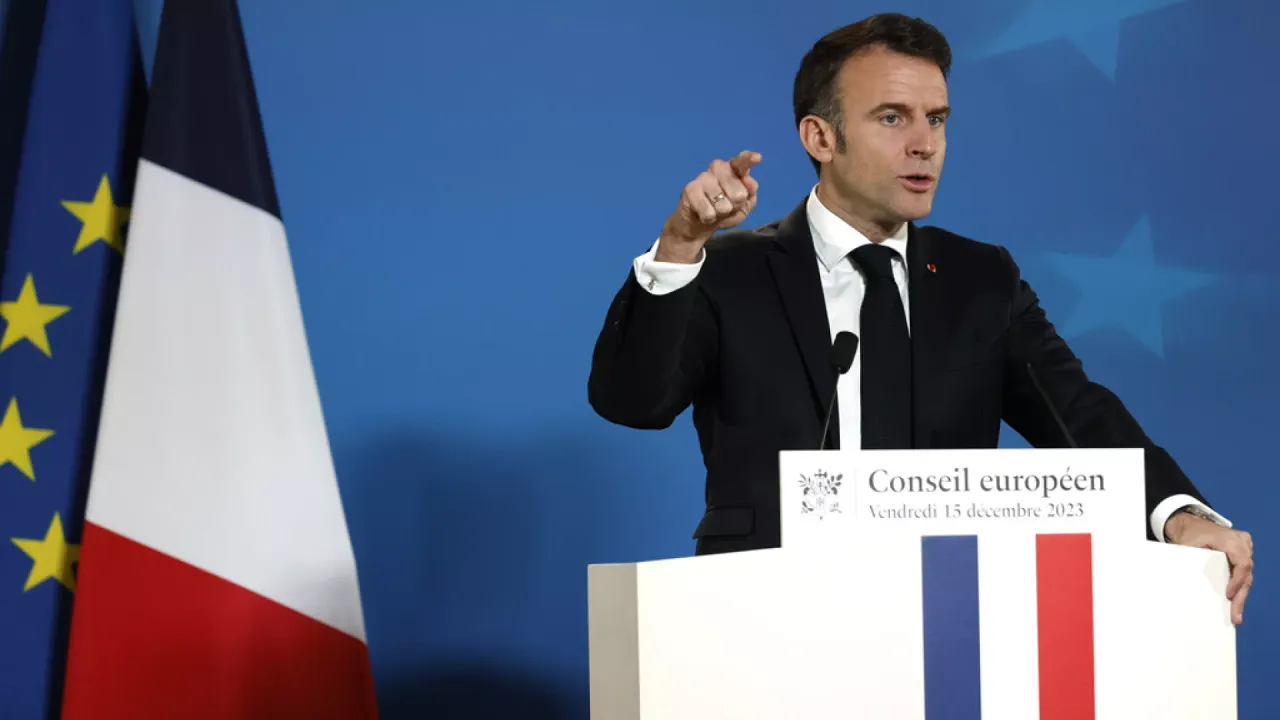Macron rejected accusations that "too many concessions" were made to the far-right party by changing the original text to pass the law.
French President Emmanuel Macron described the new immigration law, which led to the resignation of a minister and strong criticism from civil society organizations in the country, as a "much-needed shield" for the country.
Macron made important statements in a program broadcast live on television to respond to the reactions that emerged after the law was adopted in parliament.
Macron rejected the accusation that "too many concessions" were made to the far-right party by making changes to the original text in order to pass the law.
"France has always welcomed foreigners, especially asylum seekers and students, and will continue to do so," Macron said.
Regarding the accusation that too many concessions were made to the far-right party, Macron stated that the law was the result of a compromise between the parties and that he did not agree with the entire text and said, "Political life is made up of crises, agreements and disagreements."
In order to pass the law in parliament, the ruling party had to add controversial new rules to the bill, including immigration quotas demanded by the extreme right, making it harder for the children of immigrants to become French citizens and delaying immigrants' access to social benefits. The law also makes it easier to deport illegal immigrants.
Macron: The new law clearly aims to deter illegal immigration
Macron also rejected the accusation that French voters had "betrayed" the support they gave him in the second round of the last election to prevent the election of far-right leader Marine Le Pen, saying, "This is a shield we need. The new law clearly aims to deter illegal immigration."
Health Minister Aurelien Rousseau resigned yesterday after the bill to toughen France's immigration laws was passed by the Senate and passed into law in the Parliament.
While the French press reports that other ministers may resign after the resignation of the Minister of Health, it interprets the latest development as a "serious crack" in President Emmanuel Macron's government.
On Tuesday evening, some ministers who opposed the text, including Clement Beaune (Minister of Transportation), Patrice Vergriete (Minister of Housing) and Sylvie Retailleau (Minister of Higher Education), were received by Macron at the Elysee Palace.












